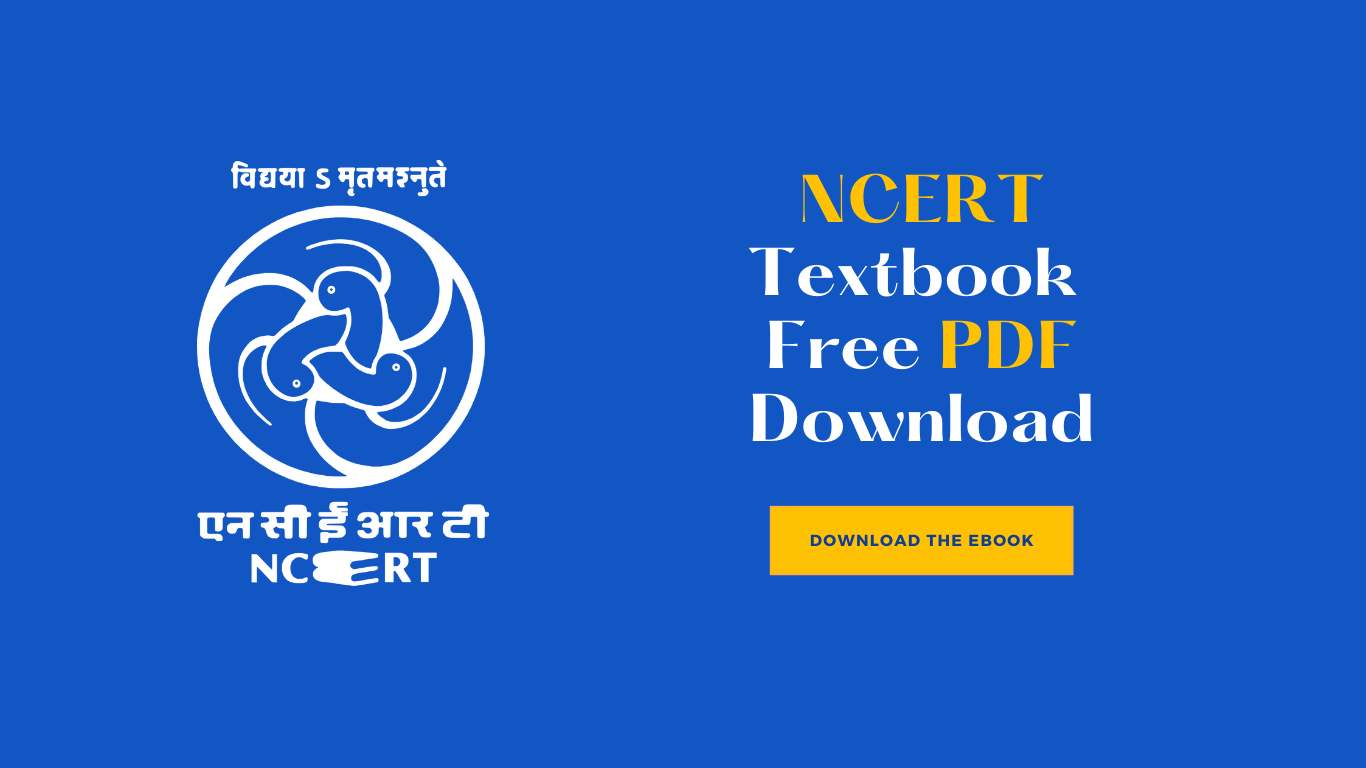A Comprehensive Guide to Understanding the Concepts, Structure, and Importance of the NCERT Class 12 Physics Textbook Part 1

Table of Contents
- Introduction to NCERT Class 12 Physics Textbook Part 1
- Structure of the NCERT Class 12 Physics Textbook Part 1
- Key Concepts in NCERT Class 12 Physics Textbook Part 1
- Importance of NCERT Class 12 Physics Textbook Part 1
- Study Tips for NCERT Class 12 Physics Textbook Part 1
- Download Link for NCERT Class 12 Physics Textbook Part 1 PDF
- FAQs about NCERT Class 12 Physics Textbook Part 1
- Disclaimer
Read ‘NCERT Class 12 Physics Textbook Part 1’ Online
For your convenience, you can read the entire NCERT Class 12 Physics Textbook Part 1 directly here:
Introduction to NCERT Class 12 Physics Textbook Part 1
The NCERT Class 12 Physics Textbook Part 1 is a core resource for students preparing for their board exams and competitive exams like JEE and NEET. This textbook introduces learners to fundamental concepts in physics, including mechanics, electricity, magnetism, and optics.
At Schooloedia, we aim to provide a detailed analysis of the NCERT Class 12 Physics Textbook Part 1 to help students understand its depth and relevance.
Structure of the NCERT Class 12 Physics Textbook Part 1
The NCERT Class 12 Physics Textbook Part 1 is divided into several chapters, each focusing on key concepts in physics:
- Electric Charges and Fields: Covers Coulomb’s law, electric field, and Gauss’s law.
- Electrostatic Potential and Capacitance: Explores potential energy, capacitance, and energy stored in capacitors.
- Current Electricity: Discusses Ohm’s law, electrical circuits, and Kirchhoff’s rules.
- Moving Charges and Magnetism: Covers magnetic fields, Biot-Savart law, and Ampere’s circuital law.
- Magnetism and Matter: Explores magnetic properties of materials and hysteresis.
- Electromagnetic Induction: Introduces Faraday’s laws and Lenz’s law.
- Alternating Current: Discusses AC circuits, transformers, and LC oscillations.
- Electromagnetic Waves: Covers Maxwell’s equations and the electromagnetic spectrum.
Key Concepts in NCERT Class 12 Physics Textbook Part 1
The NCERT Class 12 Physics Textbook Part 1 focuses on the following key concepts:
- Electric charges, fields, and potentials
- Current electricity and circuit analysis
- Magnetic fields and forces
- Electromagnetic induction and alternating current
- Electromagnetic waves and their applications
Importance of NCERT Class 12 Physics Textbook Part 1
The NCERT Class 12 Physics Textbook Part 1 is an essential resource for CBSE Class 12 students preparing for their board exams. It helps students:
- Understand fundamental principles of physics through clear explanations and examples.
- Build a strong foundation for higher education in science and engineering.
- Prepare for competitive exams like JEE and NEET.
- Enhance problem-solving and analytical skills.
Study Tips for NCERT Class 12 Physics Textbook Part 1
To make the most of the NCERT Class 12 Physics Textbook Part 1:
- Read each chapter thoroughly and take notes on key concepts.
- Solve numerical problems and practice derivations regularly.
- Use diagrams and graphs to visualize complex topics like electric fields and magnetic fields.
- Refer to additional resources for advanced problem-solving techniques.
- Discuss doubts with teachers or peers for better understanding.
Download Link for NCERT Class 12 Physics Textbook Part 1 PDF
You can download the PDF version of the NCERT Class 12 Physics Textbook Part 1 from the official NCERT website:
FAQs about NCERT Class 12 Physics Textbook Part 1
What is the purpose of the 'NCERT Class 12 Physics Textbook Part 1'?
Where can I download the 'NCERT Class 12 Physics Textbook Part 1' PDF?
How can 'NCERT Class 12 Physics Textbook Part 1' help me in exams?
Disclaimer
The content provided on this page is for informational purposes only. While we strive to ensure accuracy, Schooloedia does not guarantee the completeness or reliability of the information. Users are advised to verify details from official sources before making any decisions.